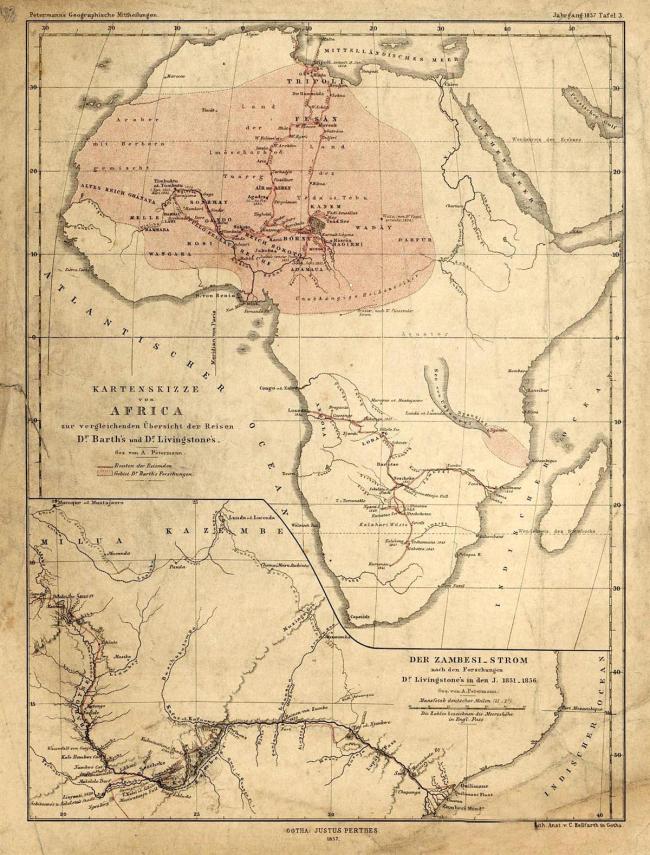The countries in which we live
A few years back, a group of rich white men sat down with a map of Africa and started drawing lines. Bargaining and trading, they split up the continent, claiming sovereignty over ‘their’ territories and deciding who could live where, who could and couldn’t move freely. And although those white men are now long gone (physically, anyway), their colonial legacies and divisions remain. What does that mean for us here today? How can we, as activists coming from very specific – and often quite different – country contexts, come together and work effectively at a regional level? How we can distil these sometimes similar/sometimes different challenges into one campaign? Throw culture, religion and governance into the mix and things become infinitely more complicated.
Today we’ve been thinking critically about the different countries in which we live and work. The goal was to identify the key challenges facing us as feminist activists within our specific countries and to use these insights to articulate a specific regional demand. Delegates were asked to consider four separate yet intersecting elements of their country: the political context, the cultural context, the economic context and the way in which the media operates.
Being a live-blog, there isn’t space here to list all of the points raised – and trust us, there were lots – so instead we’re going to share those topics that generated the most discussion and some of the commonalities that were identified. It’s also important to remember that this workshop is about developing a regional advocacy campaign, so the different issues won’t be tied to specific countries.
- State-sponsored homophobia remains a crucial issue in many of the countries we work. Governments frequently use sexual minorities as a scapegoat to deflect attention from broader social issues and as a tool for maintaining, and often increasing, their grip on power. By denouncing homosexuality and sanctioning, both directly and indirectly, aggression against LGBTI people, nation states are able to perpetuate systems of inequality and oppression. Of course, the state’s power does not exist in isolation; in all of our countries, religious and cultural leaders decide who or what is acceptable and ‘normal’.
- Lesbian women and gender-nonconforming people remain excluded from the workforce, further isolating them from full social engagement. In many countries, sexual minorities experience higher rates of unemployment than other sectors of society. Butch women and trans* individuals face a large amount of stigma because of their gender presentation, often in the form of discrimination, harassment or abuse in job interviews.
- Closely linked to unemployment are issues related to education. Many delegates identified bullying and harassment at school as a major problem. A lack of support and acceptance (both among peers and the wider school community) results in high levels of dropping out, exclusion from important skills-development, difficulties securing employment.
- More broadly, LGBTI people struggle to access comprehensive and appropriate health services. Delegates indicated that this problem plays out in different ways in different contexts: in some areas, the primary issue is a lack of awareness and training among health professionals; others noted the threat of imprisonment should they speak openly about their sexual practices.
-
For many delegates, a critical issue is the lack of visibility of different sexualities and gender expressions. This silence around LGBTI lives and experiences encourages misinformation and misunderstandings. In many countries, negative portrayals in the media – often stemming from the hateful rhetoric espoused by politicians and religious or cultural leaders –reinforce ingrained prejudices and fear. Censorship and a lack of media freedom also blocks LGBTI people, but also the broader community, from accessing accurate information and knowledge.
- The power imbalance between donors/international agencies and on-the-ground organisations further disempowers lesbian and gender-nonconforming women. With limited financial resources available, gender and sexuality activists are forced to bend to the demands of funders and to focus on issues dictated by those with money. Similarly, legal and social barriers preventing LGBTI-focused organisations from being registered and/or recognised forces them to operate under the auspices of larger professional bodies, often leading to conflicts of interest, disagreements around funding and an inability to foreground certain issues.
- As well as broader structural barriers, many LGBTI individuals battle psychosocial trauma resulting from multiple sites of oppression – social exclusion, sexual violence, government surveillance, homelessness, financial insecurity and so on. The impact of discrimination on individuals’ lives cannot be overlooked, nor its effect on mobilising resistance.
The above structural and social barriers exist in different forms in each of our countries, but there are also some things that are common. One thing that we can all agree on is that sexuality is being used as a political tool and, significantly, always for other’s agendas. Across all of Africa, we see queer people being positioned as this or that, as unnatural, un-African and amoral, but whatever the nuances of the portrayal, our bodies are always being used without our consent. Whether it’s physical domination or political scapegoating or a tabloid headline used to sell newspapers, our bodies and lives are being deployed for the benefit of others. Even our images and stories are reduced to commodities that are bought and used as marketing tools for donors and international governments.
So where to from here? Isolating the challenges that exist in individual contexts is one thing, but how do we distil these into a coherent demand for change? What is the one critical issue for our movement in this particular region? That’s the next step: our passionate and dedicated comrades are busy analysing and debating and digging deeper into their collective consciousness. It’s a frustrating and sometimes painful process, but one that we are all committed to.
